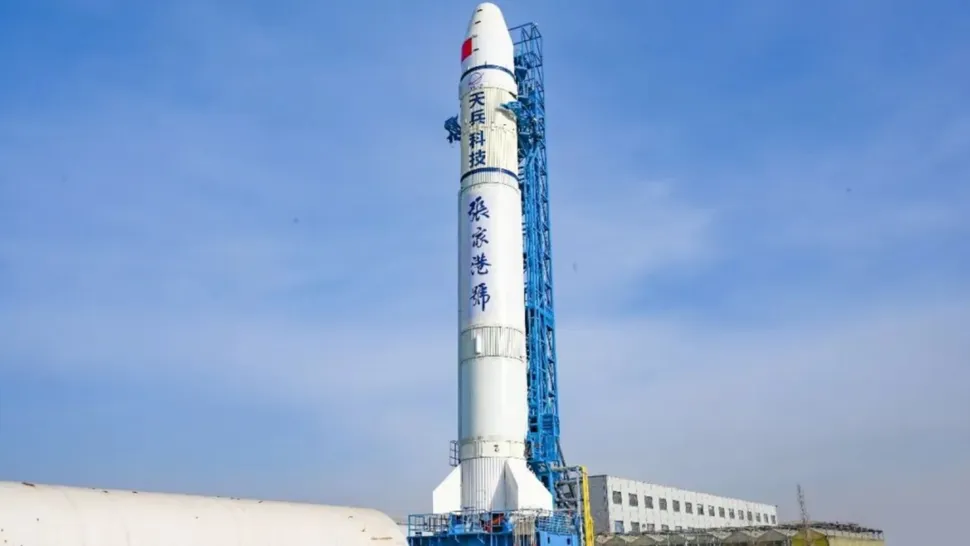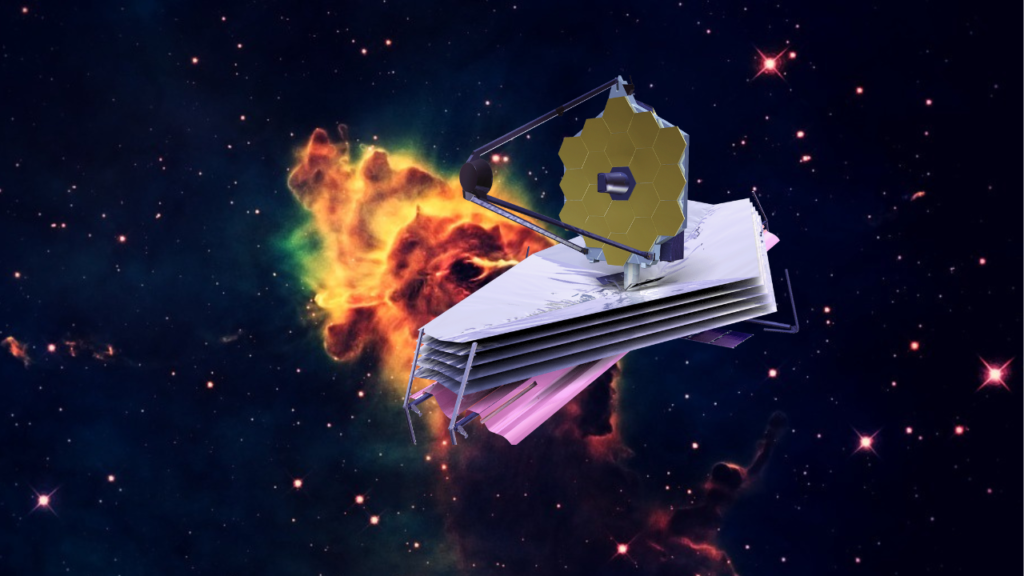A private Chinese rocket took an unscheduled flight over the weekend.
The Beijing-based company Space Pioneer conducted a “static fire” test with the first stage of its new Tianlong-3 rocket on Sunday (June 30) in Gongyi, a city of about 800,000 people in the central Chinese province of Henan.
Space Pioneer briefly ignited the stage’s engines while the vehicle remained anchored to the launch pad. That’s how it was supposed to work, anyway. But the anchoring mechanism failed on Sunday, and the rocket lifted off on a dramatic and frightening surprise mission.
The mission was also brief, ending after just 50 seconds when Tianlong-3 crashed into a hilly area near Gongyi, creating a massive fireball that some onlookers caught on video.
The explosion did not injure anyone, Henan emergency-management officials told The Paper, a Shanghai-based media outlet.
Space Pioneer has some spaceflight bona fides: Its Tianlong-2 rocket reached orbit in April 2023, becoming the first private Chinese launch vehicle to do so. Tianlong-3 is envisioned to be a significant leap forward for the company; the rocket is modeled after SpaceX‘s Falcon 9, according to SpaceNews, and, like that workhorse vehicle, is planned to be partially reusable.
Tianlong-3 will also be considerably more powerful than its older cousin; it will be capable of carrying 17 tons of payload to low Earth orbit (LEO), SpaceNews reported, compared to Tianlong-2’s approximately 2-ton limit.
Tianlong-3 is still in development, and it’s unclear at this point how Sunday’s accident will affect the rocket’s test campaign and timelines going forward.
“Tianlong,” by the way, translates as “Heavenly Dragon.” The name is similar to that of China’s space station in LEO, Tiangong, which means “Heavenly Palace.”
Source: https://www.space.com/space-pioneer-tianlong-3-rocket-accidental-launch



